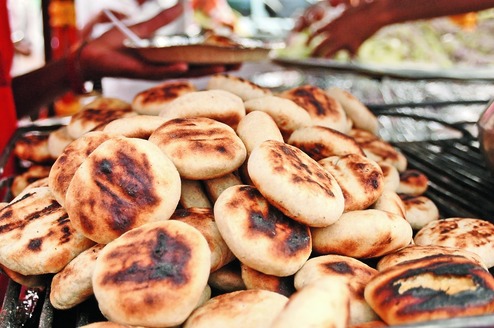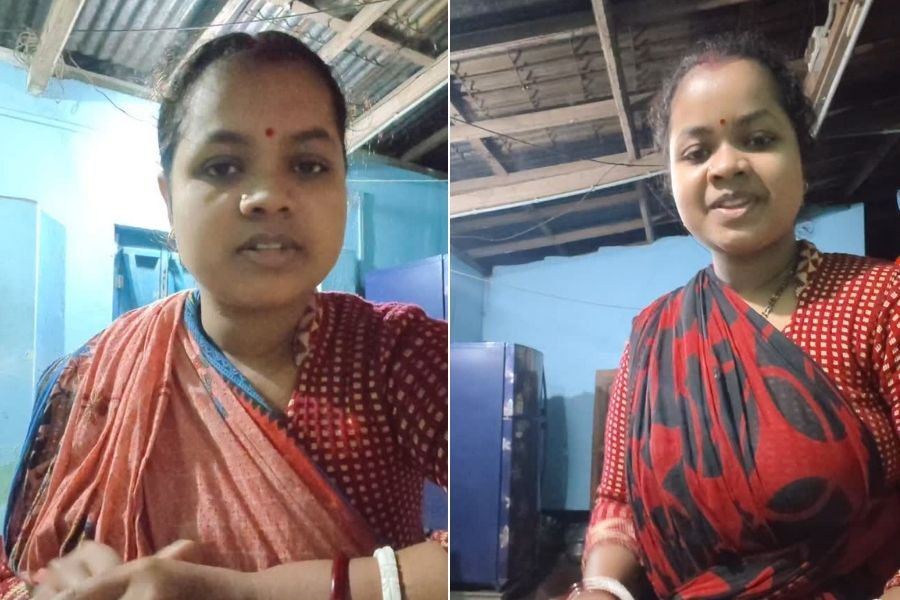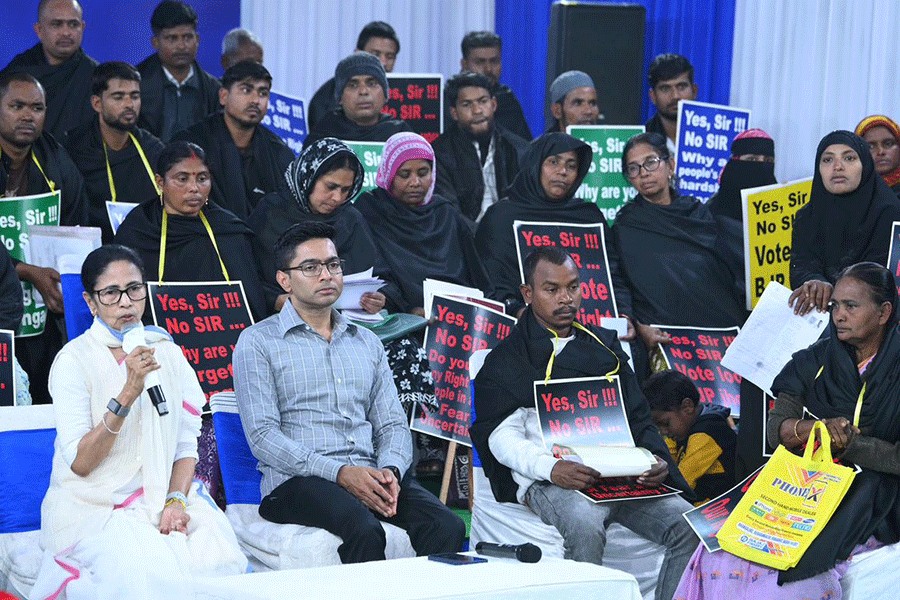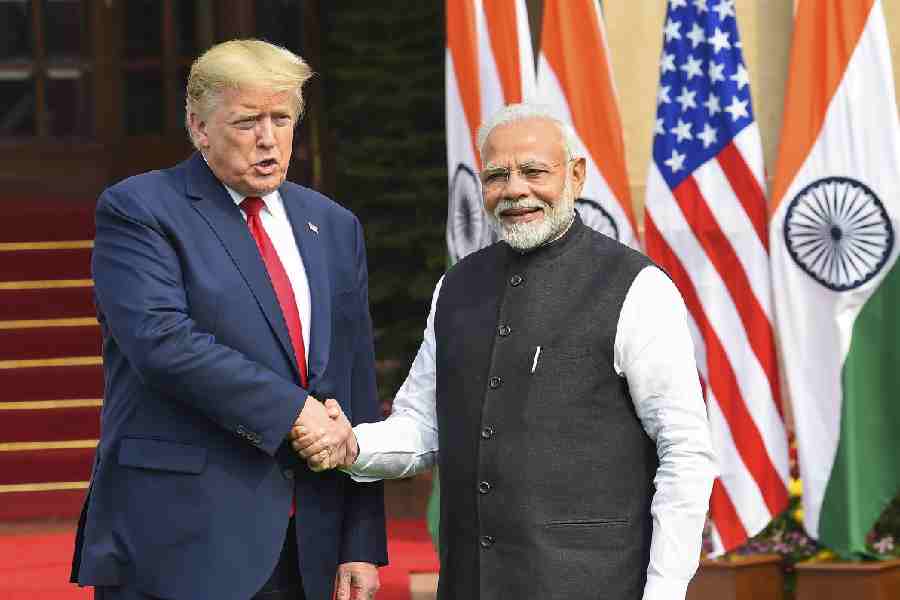
The choice of food is extremely multifaceted, varied and incomprehensible in most parts of the country. Food, its production, preparation and consumption, are among the oldest human activities. In Bihar, it reaches just the right level of indefinable, much like the obsession with which Biharis treat the administrative services.
As someone who belongs to Bihar through the indirect route of marital bond, I still find myself struggling to understand this indefinability. While on the one hand, there are Hindus who are sworn vegetarians almost in defiance of what Hindu religious scripture says; on the other hand, there are those who (even as followers of minority religious groups) cannot afford a decent non-vegetarian meal due to extreme and seemingly interminable poverty.
Culinary history in Bihar has had various points of disruption: religion, local festivals, economic status, social status, geographical location and the ever-present Bihari unexplained strong-will. I am inclined to believe that more Hindus in Bihar are non-vegetarians than most other parts of the country. This can be construed as an improved understanding of Biharis about Hinduism, for the religion preaches consumption of meat preparations as per the physical build and extent of physical activity of the individual. In most other parts of the country, Hindus, whose exposure to their sacred text is limited to miniature Chaalisaas (Hanuman, Shiva and Durga, being the most popular), would scorn at the idea that the Vedas talk extensively about the benefits of a non-vegetarian diet. Although, in strong opposition to my theory about the Bihari understanding of Hinduism, there are those who swear to be one-hundred-percent vegetarian for religious festivals like Navratri, Teej, Chhath, Dahi-Choora, Shivratri, Janamasthami and the like. But of course, the moment you start talking about their religious extremism of the misplaced kind, they would surprise you by talking about Diwali, Dussehra and Holi when meat preparations are not just common, but mandatory. The only explanation of this confused conviction is that food habits in Bihar are influenced by cultural and religious diversity which shines over the state as a glorious rainbow. Bihar is home to Hindus (distinguished into numerous castes with each one's specific food preferences), Jains, Sikhs, Christians and Muslims. It's not uncommon to see Bihari Hindus gorge on an intricate Id menu with their Muslim friends. It is equally commonplace to see Bihari school kids cross their hearts inside a mosque or a temple. The emphasis on convent education has led them to believe in a cross-cultural, multi-religious chokha of religions which evokes the image of Jesus Christ with a halo around His head even as they hear the first "Allah hu Akbar" of the day with the great devotion of a true Muslim, or as they beg the idol of Hanuman for clearing their IAS entrance in the first attempt itself!
There's another universal truth about Bihar: as soon as you begin to understand it, it completely changes colours. Knowing a fair bit about the state and its inhabitants, I know that this happens because Bihar (and, by extension, Biharis) would do anything to refute the claim anyone tries to lay on the comprehension of its identity. So, while other states like Maharashtra will still be battling the Valentine-week bug, Biharis would probably be celebrating it with their family over some choora-matar paired carefully with home-baked cream-less fruit cake: a specialty of Bihari mothers! Railway-club regulars, the housewives of railway households in Bihar are much more appreciative of cross-cultural Indian identity than the Mata-Ka-Jagran organising housewives in west Delhi. And the one common thread, which binds them across religious and regional distinctions, is food in its all-round glory!
Now, I am no one to say which kind of diet must be preferred. More than personal choice, I believe that it should depend on the physical and emotional needs of the individual. Extremism leads to bullying of various kinds and it does not suit Hindus, of Bihar or elsewhere. This has two reasons: Hinduism is not a simple religion. There is no word for "religion" in Hindi or Sanskrit. "Dharma" is a set of duties and principles for leading a good social life. Thus, Hinduism is much bigger than the basic idea of religion: it is a way of life and cannot be "extremist" for this very reason. The other reason is that bullying is not cool!
In a country increasingly divided by food choices inspired by religion, Time is the only entity which does not belong to any religion and/or caste. It eats everything...










